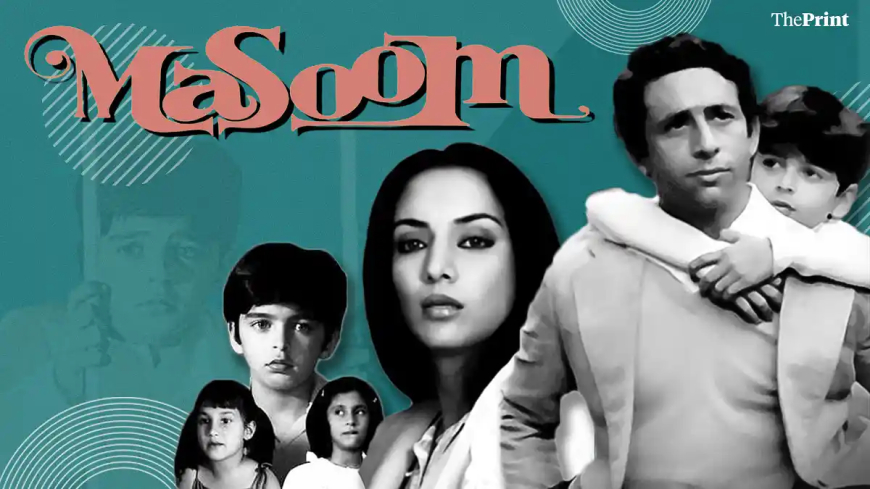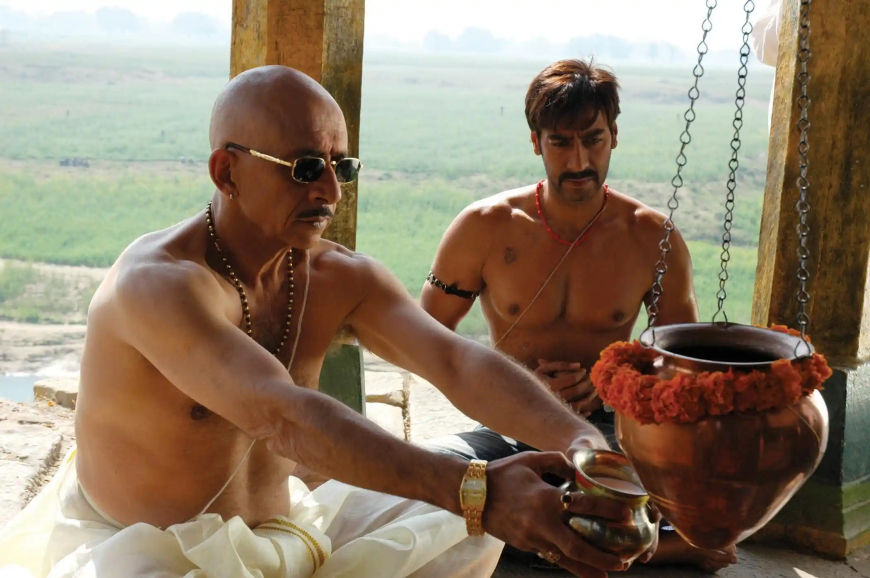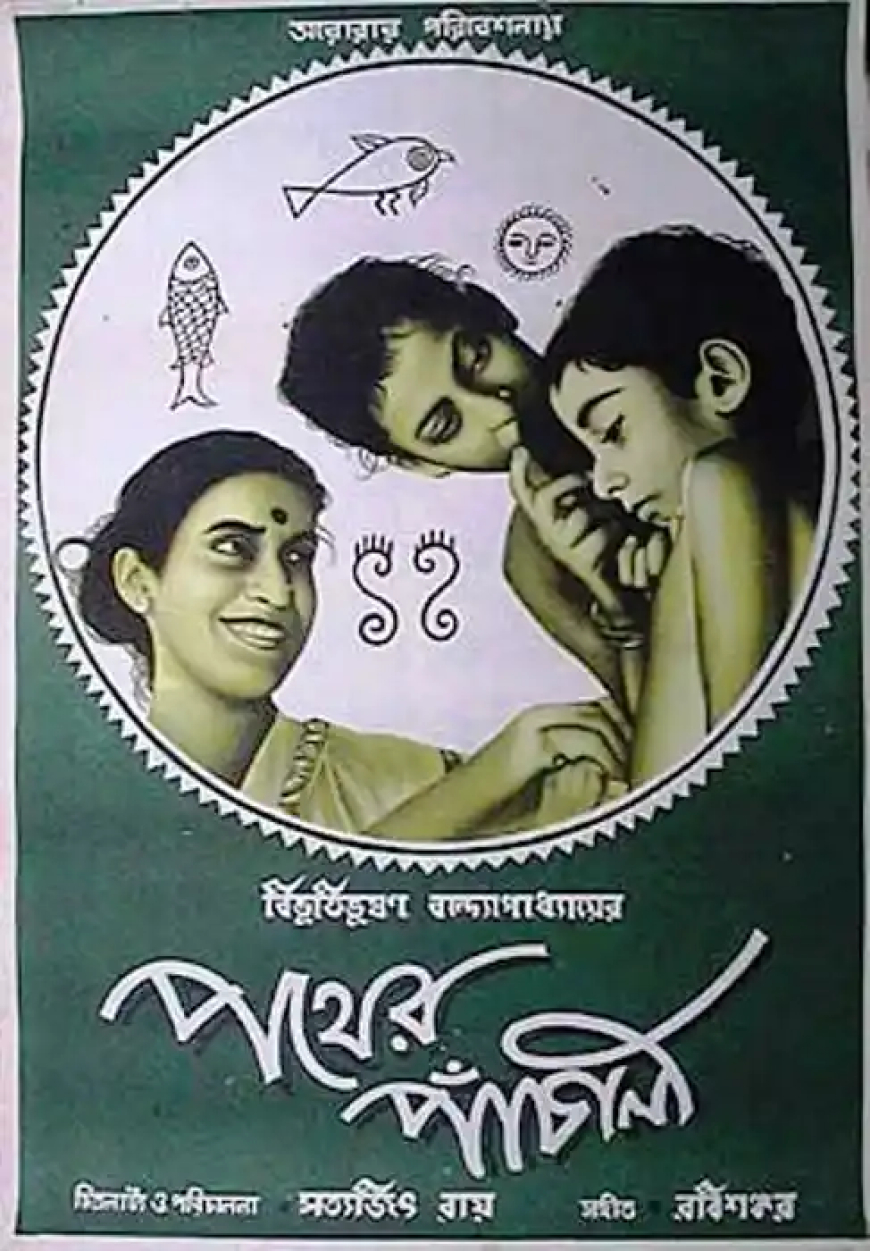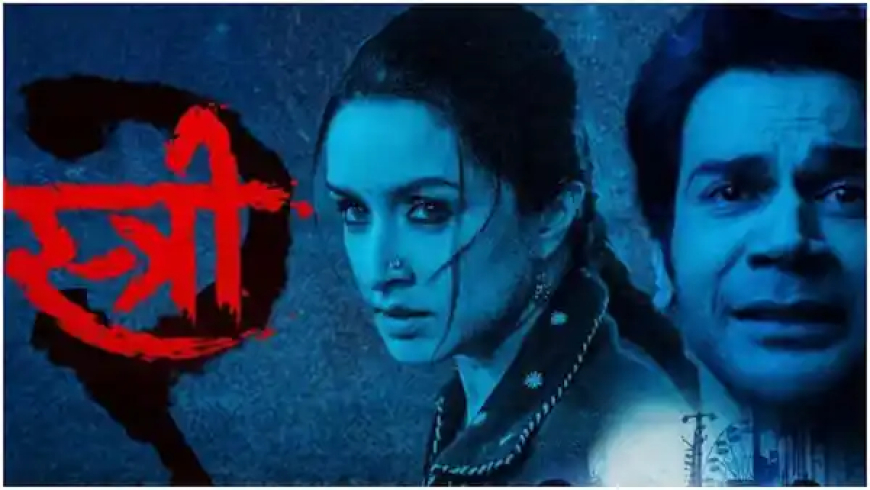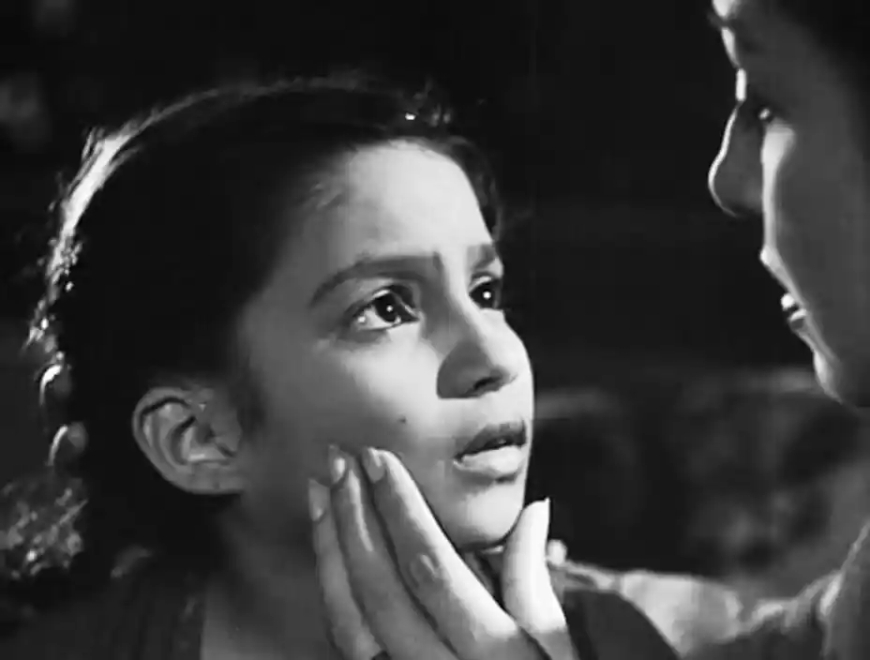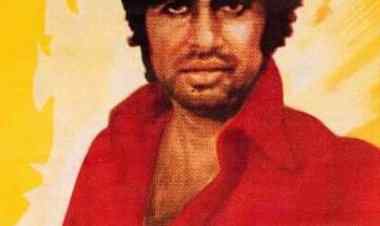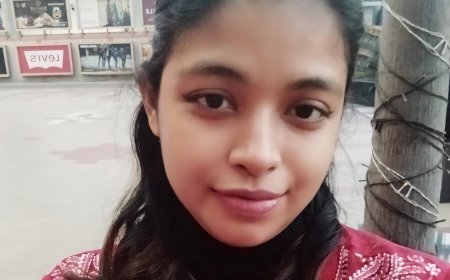WHERE HAS ORIGINALITY GONE? : SEQUELS AND REMAKES IN INDIAN CINEMA
Dr. Shoma A. Chatterji explores why Indian filmmakers are obsessed with sequels and remakes, examining the lack of originality and creative thinking in contemporary Indian cinema, despite the country's rich diversity in languages and cultures.
The is home to several hundred . India is a diverse country with 28 states and 8 union territories, each with its unique languages and cultures. As per the constitution, India does not have a national language. Instead of that both Hindi and English are considered as the official languages. The film industry in the country is said to produce and release the largest number of films every year across the world. Films are made in Hindi, Telugu, Tamil, Kannada, Malayalam, Bengali, Punjabi, Bhojpuri and also in some rare and ‘unheard’ languages across the country such as Konkani, Tulu, Rajbanshi, Kurmali, Santhali, Byari, Rabha, Maithili, Arebhashe, Bajika, Galo Adi, Kodava, Metei, Bodo, and many more some of which have also won awards at film festivals in India and beyond. They are sub-titled in English so viewers have no problems understanding the dialogues and the story.
If there are so many languages and rare languages with their own literature, why are Indian filmmakers so desperate to make sequels of earlier box office hits? Each film has its own unique identity so one cannot even imagine a sequel of Mother India or, Sholay or even Mr. India. Yet, sequels are being announced, produced, shot as independent films by the dozens every day in many Indian languages with the lead taken by the South and by Bollywood. Why?
Ram Gopal Verma dug his own grave by making a terrible remake of Sholay by calling it Ram Gopal Verma ki Aag or something like that. He chose Amitabh Bachchan to portray the character of Gabbar Singh originally portrayed by Amjad Khan and the film was a disaster in every sense.
Gabbar is a man without history. “I exist, therefore I am,” Gabbar seems to say with every stride he makes on that hillock in Sholay, a sinister signature tune heralding his presence. Ram Gopal Verma ki Aag gives Babban (Gabbar Singh) a history to fall back on – a brother he is obsessed with, perhaps trying to rationalize his maniacal tendencies. This must be Amitabh Bachchan’s worst performance. For money, he had his 68-and-odd brand names from diamonds to hajmi golis to fall back on. For roles, he had the best banners and directors to choose from. Did he need a Babban to destroy his brilliant record of versatile performances?
Most cineastes who showered unstinted praise on Mani Ratnam's Yuva knew that the film is the Hindi adaptation of an original Tamil film, Aayitha Ezhuthu. Few are aware that the original 'inspiration' is the Mexican film Amores Perros. That is just fine as Indians who will never get to see the Mexican film get an idea of the original from Yuva.
The terminology used in those times was “remake.” But irrespective of one’s command over language. Whether it is called a remake or a sequel, the fact that stares us right into our face is complete lack of originality and creative thinking. If Stree was a thumping hit at the box office narrating the story of a female ghost who visits a village every four years to have sex with the young men in the village, Stree 2 follows which has a stupider story and turns the tables of Shahrukh Khan starrers like Jawan and Pathan. And now we hear that Stree 3 is also being planned! Oh God, don’t we have stories of our own?
Dhrishyam, a spine-chilling thriller with a woman question woven cleverly within the script was a very well-made film inspired from a Southern film but the sequel was not half as good. Yet, we now hear of Drishyam 3! Golmal has already had so many sequels that we have lost count but thankfully, this has no link to the original family comedy directed by Basu Chatterjee with the same title! Bhootnath was good. Bhootnath Returns was also good because it bore no resemblance except in the name and it was not a remake at all. Its story also is original and has a social agenda. Then why Bhootnath 3?
Remakes or sequels under different names have been repeatedly attempted even with Satyajit Ray’s masterpiece, Pather Panchali making use of the character of Apu, the protagonist. A few of them have also won National and State Awards but that does not give the directors the gift of originality. Every year, we come across different kinds of sequels or remakes of Pather Panchali but they cannot hold a candle to the original classic. Some directors choose to call their films “tributes” which is a clever word coined to veil the complete lack of originality.
Raj Kapoor’s His Chori Chori (1956) with Nargis was 'inspired' by the Clark Gable starrer It Happened One Night. Many years later, the plot went for yet another Hindi remake under the title Dil Hai Ke Maanta Nahin with Pooja Bhatt and Amir Khan. This film was very loud, crude and badly made but turned out to become a thumping box office hit! Strange are the ways of the box office. All films based on sequels are targeted at the box office so the question of picking stories from original Indian literature becomes a very tricky and fragile question for original ‘thinkers’ if there are any left.
Mainstream or off-mainstream, regional or national, Indian cinema has forever been attracted to the themes, plots, storylines, of Western films, or of former Indian 'hits.' Cinema being the multi-layered art form that it is, such 'inspiration' to create a 'remake' does not necessarily restrict itself to the story, but also to the form, the treatment, the music, and even cinematic techniques like editing and cinematography.
Aman, the character Shahrukh Khan played in Kal Ho Na Ho was based on Rajesh Khanna's happy-go-lucky character in Hrishikesh Mukherjee's Anand though the stories were different. Mukherjee's Namak Haram was clearly 'inspired' by Becket, about the deep friendship between Samuel Becket and Henry VIII, portrayed by Sir Richard Burton and Peter O'Toole respectively. The Indian version starred Amitabh Bacchan and Rajesh Khanna. Munnaibhai had a sequel but it turned out to be a good idea as both the original and the sequel had a mass audience. But the fact remains that originality is conspicuous by its absence.
The Godfather has had not less than three Bollywood imitations – Adalat, starring the Big B, Mahesh Bhatt's Viswasghaat starring Sanjeev Kumar and Dharmatma from the Feroz Khan production house. And then of course, we had Sarkar and its remakes. One has no complaints with the three Shakespeare remakes directed by Vishal Bharadwaj because these were neither sequels nor remakes and Bharadwaj was quite open about his giving these Shakespeare classics a completely Indian identity which he did. But how many films can we quote like this?
The final nail in the coffin of originality is filmmaker Shekhar Kapoor, who, in any case, has made very few feature films in Hindi over the years, has decided to make a sequel of Masoom, originally an Indian adaptation of the noted novel Man, Woman and Child. And the news adds that Naseeruddin Shah and Shabana Azmi will be playing the original roles they played in the old Masoom. This film was made in 1983 and was a critically acclaimed film and also a commercially successful hit. What does Shekhar Kapoor expect to do to the actors forty years after they have played young parents troubling with an internal conflict?
The only hope now that Shekhar Kapoor does not announce a sequel of The Bandit Queen. Can a film like Lunch Box have a sequel? Or, The Court? Or, Boot Polish? Just asking.
*****
What's Your Reaction?





















































